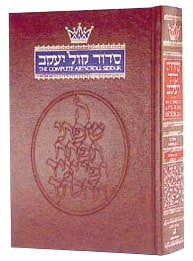The christian doctrine of tongues attributed to Cyril of Alexandria from the commentary on the Book of Zephaniah.
The following is an English translation by Charles Sullivan from Cyril’s Commentary on Zephaniah the Prophet. This translation only covers Zephaniah 3:8-11 where one can find a substantive definition of Pentecost. Not only does it describe what it is, but whether the miracle persisted, or was a one time experience. Analysis and commentary will follow in a later article. In order to assist the reader in building context to this particular translation, Zephaniah 3:8-11 has been provided at the bottom of the document.
S. Cyrilli Alexandrini Archiep. Commentarius in Sophoniam Prophetam.
——
39. It says that concerning Babylonia which had been conquered and concerning those being displaced in the ruin of arrogance, the nations will learn the vengeful force of God against it (Babylon). The ones who at some time laugh at the falling down and destroyed Israel and when the opposite happens they were to see the house being this brilliant and these ones going down again to the holy city, the opposition, who had utterly destroyed at one time those ones plundered, were then about to change the language and the rest in high praises to God. Indeed in the old days those shaking the heads and thinking and also saying that the Jewish people were conquered, certainly to prevail that it is of God perhaps somehow assisting with them according to the leader of the Babylonians. Therefore when they were about to notice the cycle of events turning into the opposite, then they will change tongues according to their generations, whether by tribe and race and into praises upon God. They could have chosen, I surmise, also to serve under one yoke and to bring offerings, and if they should be somewhere afar in the sphere of lands including those who dwell in the lands of the Ethiopians. And this indeed, let it be spoken in regards to the account up to this time..
Read more
